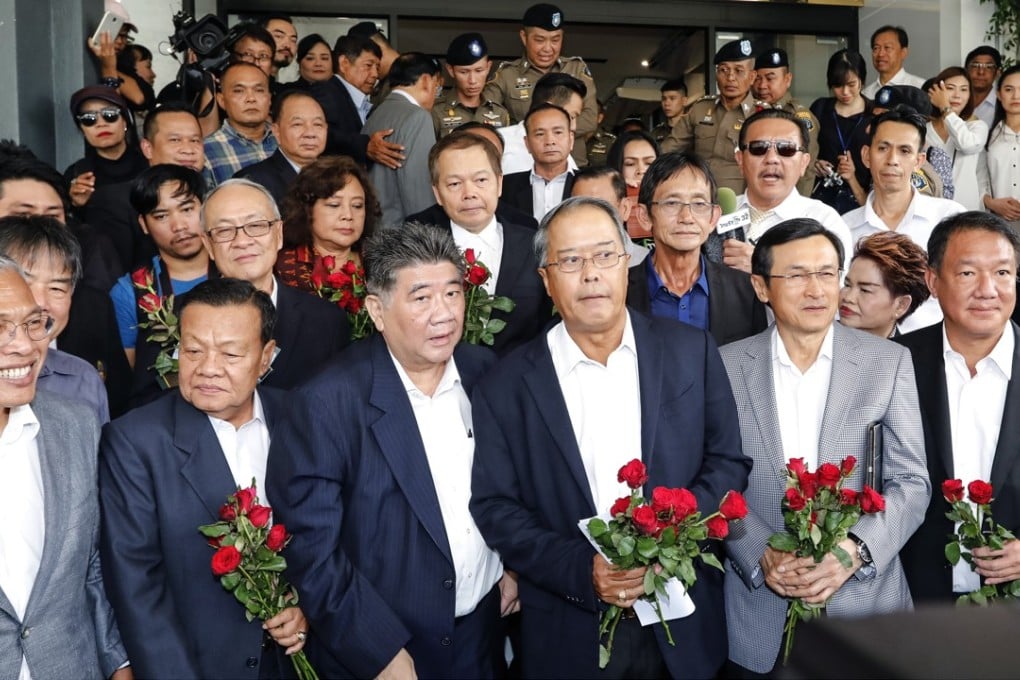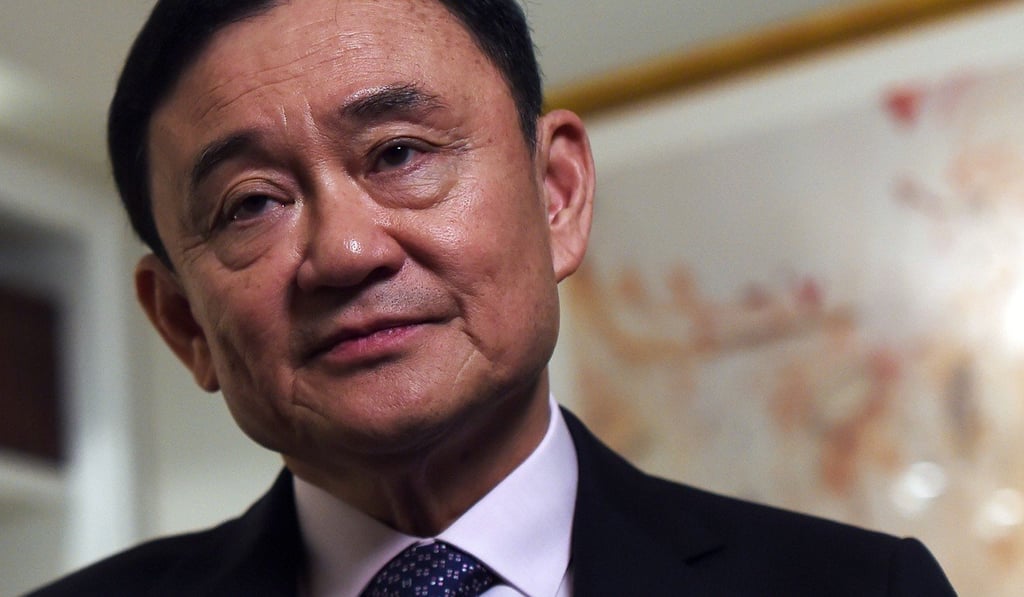In Thai election, any government you like – as long as it’s the junta
Recent high-profile defections by Pheu Thai Party members may be the least of the opposition’s worries as the military puts the finishing touches on a legal framework that will all but ensure it stays in power

However, in its determination to dominate next year’s general election, the junta-ruled government may be now luring high-profile members of the tycoon’s Pheu Thai party to its side while banning meetings of its political rivals. The defection of Pheu Thai MPs has the party facing some of its most difficult days yet.
The move is led by the so-called Sam Mitr (“Three Allies”) group, reportedly formed by at least two former Pheu Thai ministers who are trying to get Thaksin’s supporters to join a recently established pro-government party, the Phalang Pracharat.
Will Thai junta use cave rescue of soccer team to save itself?
Thailand has been ruled by a military junta since May 2014 when the army toppled a Pheu Thai government led by Thaksin’s sister, Yingluck.

However, leaders insist the Pheu Thai Party is not in crisis and that numbers have been exaggerated. “[The number of MPs] that have defected is not a majority and most of them are former members of the party,” says Chusak Sirinil, legal adviser of the Pheu Thai, adding “the problem is bigger in some provinces” like in Loei and Ubon Ratchathani.
Coincidentally, members of the cabinet, along with current Prime Minister General Prayuth Chan-ocha, recently visited the provinces of Ubon Ratchathani and Amnat Charoen, both Pheu Thai strongholds, and announced several development projects in the region. “I’m sure that their activity is political,” Chusak says. “They get the advantage of power.” Last week, Thaksin sent a message to his supporters from Hong Kong to encourage them to keep fighting in the “war for democracy”.